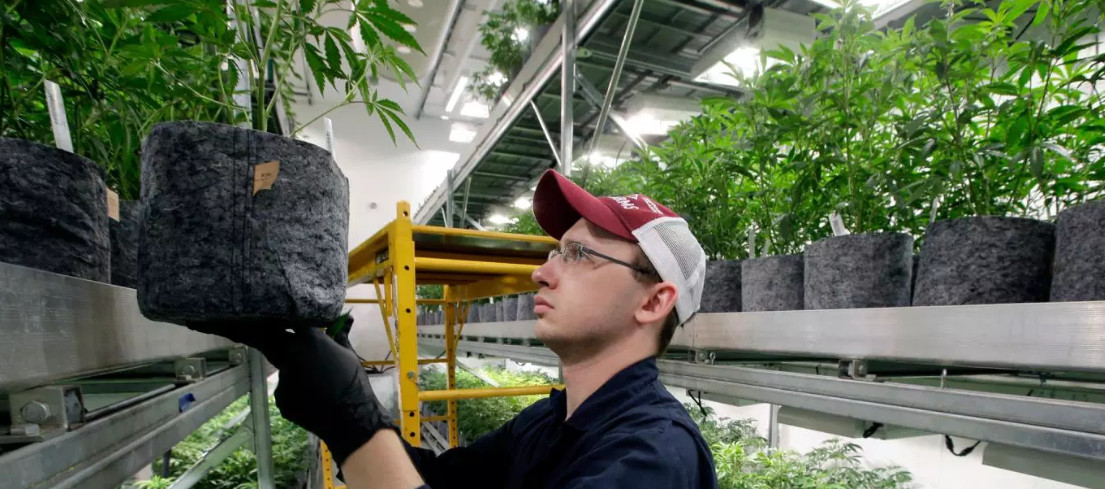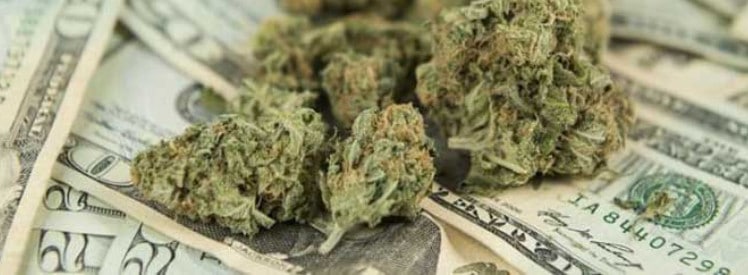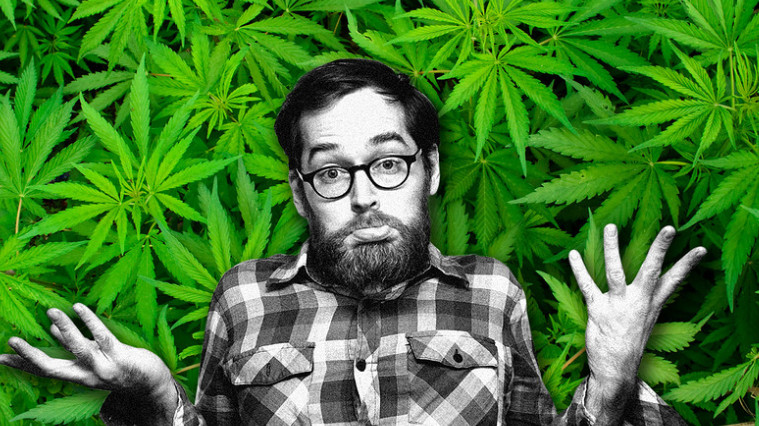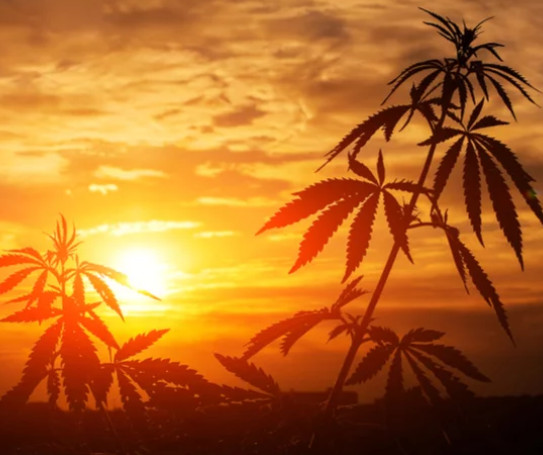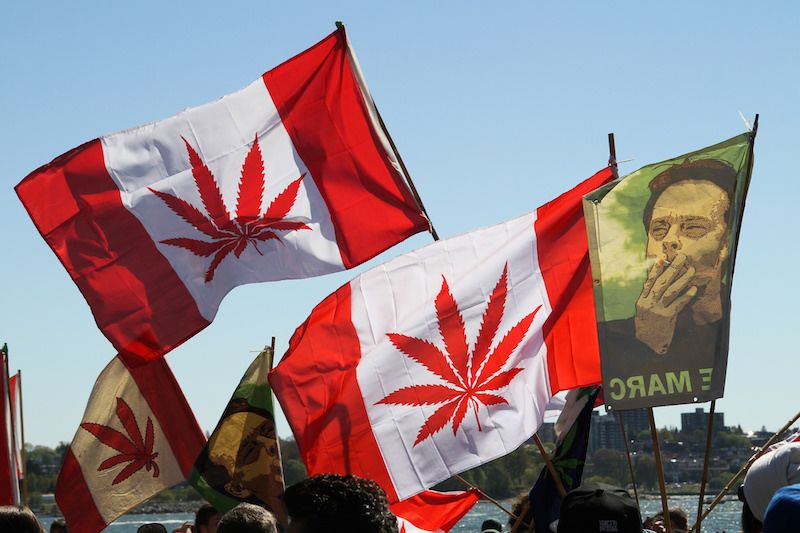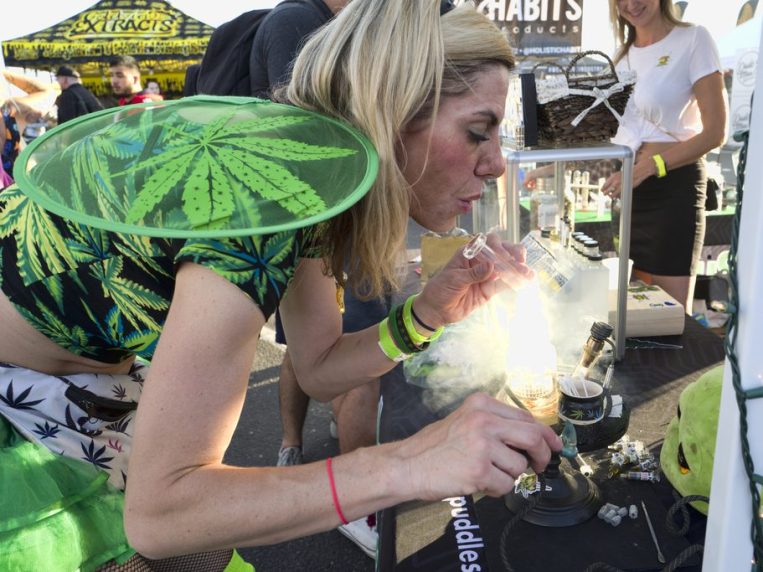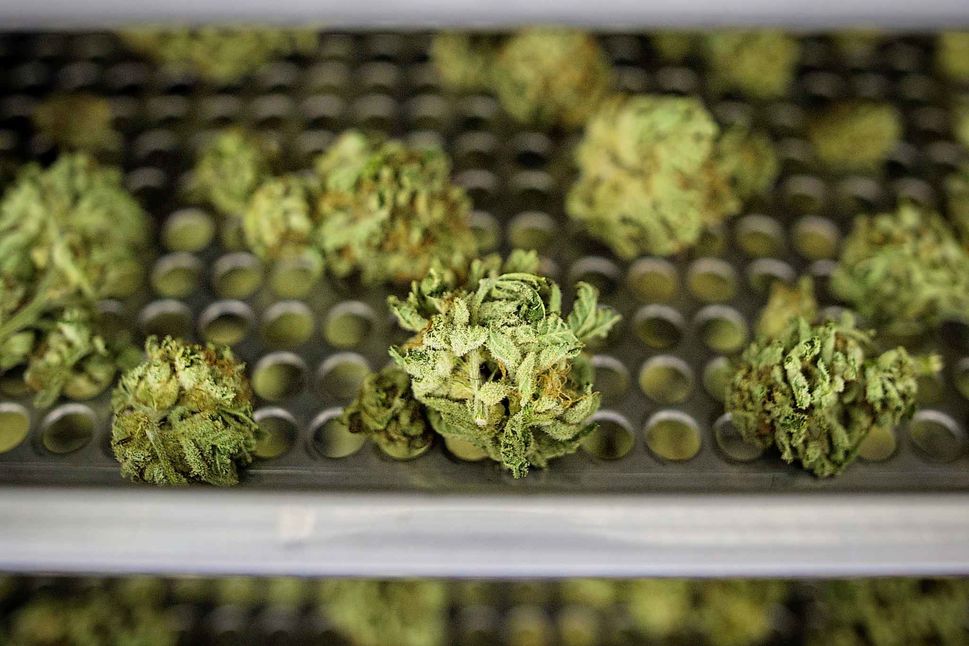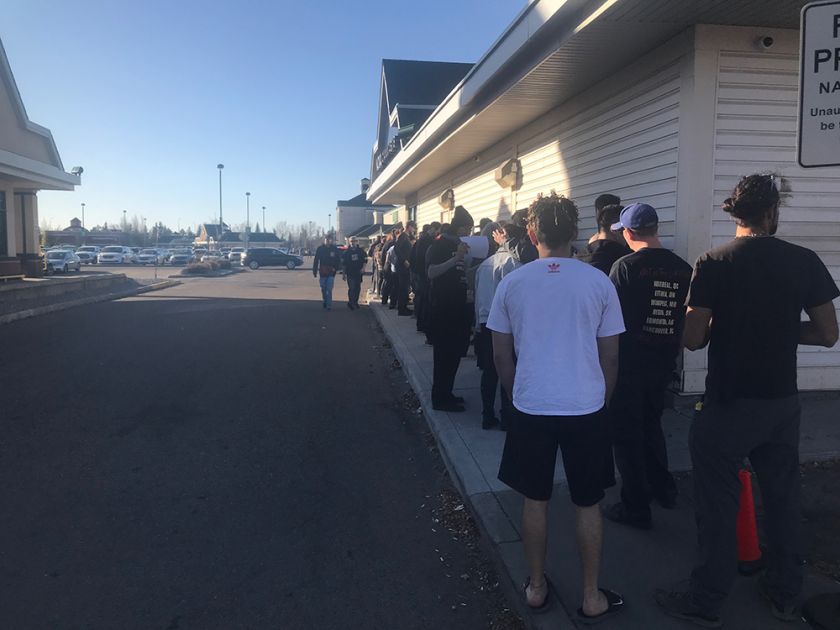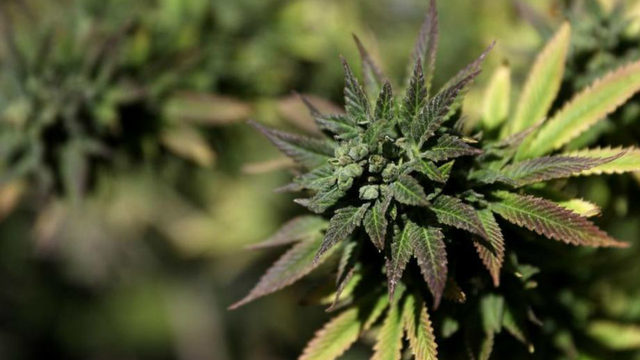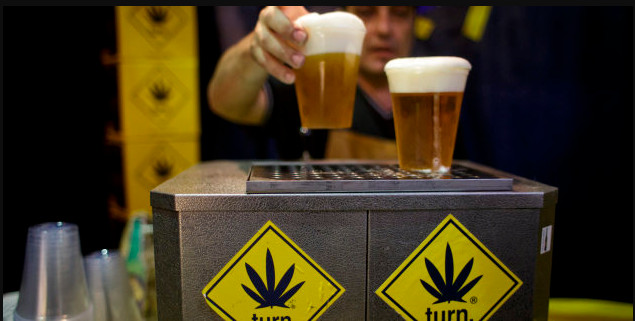Don’t plan your Canadian reboot of Cheech & Chong’s Up in Smoke quite yet, because the country is running low on pot. In an age-old tale told by Economics 101 professors since time began, Canada’s legalization of weed caused demand to swell and supplies to dwindle.
Toronto’s main supplier, the Ontario Cannabis Store, was overwhelmed with orders and has been struggling to keep up with demand. Meanwhile, Quebec’s provincial cannabis agency had to limit operations at its 12 outlets to just three days a week until the pot supply could be restocked, and Cannabis NB, the New Brunswick government agency that sells marijuana, had to temporarily close half of its 20 stores, because it didn’t have enough product to sell. “We need more weed!” one dispensary owner in Newfoundland told The New York Times.
Now our poor neighbors to the north–or at least those in Ontario, Quebec, and New Brunswick–can’t just walk to the local dispensary and pick up some pot for a hot night stoned on the couch watching BoJack Horseman. In short, they are exactly where they were before marijuana was legalized.
As the Times notes, if there is not enough legal weed to go around, it creates a market for the illegal weed trade to continue, and curtailing that market was why weed was legalized in the first place. It’s a vicious circle. Canada’s illegal pot trade is worth an estimated 5.3 billion Canadian dollars annually (or roughly $4 billion U.S.). The government would like to transform that into legal, taxable sales. Now Canada just has to find some weed to sell, or a way to make its plants grow more quickly.
Credit: fastcompany.com

